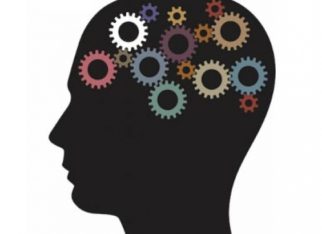Intense or overwhelming experiences may trigger different reactions in people. The way in which people process stressors and trauma may be critical in determining whether or not psychological disorders like post-traumatic stress disorder (PTSD) is developed. Approximately 60.7% of men and 51.2% of women have experienced at least one potentially traumatic event in their lifetime. Research points to a relationship between exposure to traumatic events and more healthcare utilization, adverse/negative health outcomes, and the onset of specific diseases and disorders. It is not uncommon or unusual for persons presenting with chronic pain to describe considerable levels of distress, including PTSD symptoms (e.g., re-experiencing the trauma(s), emotional avoidance/numbness, irritability, insomnia, hyperarousal, etc.). The chronic pain conditions of fibromyalgia (FM) and headache disorders specifically, have been linked to psychological trauma and PTSD. Individuals with chronic pain, particularly headache disorders and FM who also present with psychological traumas need special management strategies to cope and psychoeducation about how these conditions may interrelate.
If you or someone you know is struggling with chronic pain and/or has endured a trauma(s), there is help and resources available, including professional counseling. Through the counseling process coping strategies, psychoeducation, and psychological intervention is offered. Please contact (215) 487-2349 or email us at Greenridge@intercommunityaction.org for more information about our counseling services.
Author: Elaine Augustine, MA, MS, LPC
Reference:
Peres, J. F., Gonçalves, A. L., & Peres, M. F. (2009). Psychological trauma in chronic pain: implications of PTSD for fibromyalgia and headache disorders. Current pain and headache reports, 13(5), 350-357.


